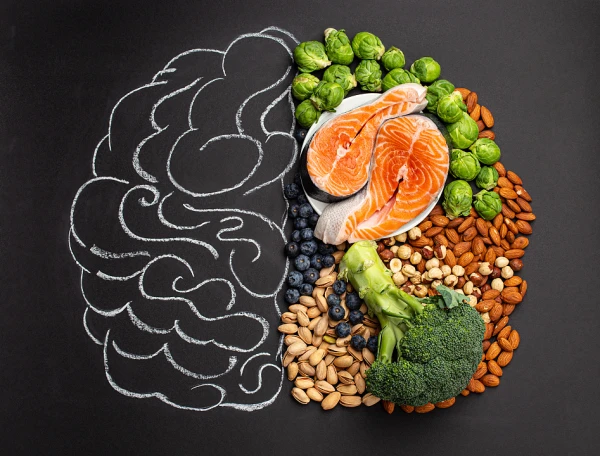
The persimmon season is in full swing. This fruit is a true autumn treasure, possessing numerous beneficial properties. Persimmons are rich in vitamins A, C, E, and R. They contain potassium, magnesium, iron, iodine, and antioxidants. What are the benefits of persimmon, who can consume it, and who cannot.
It is best to eat ripe and soft persimmons. However, doctors advise not to overeat: one or two fruits a day is quite enough.
Benefits of Persimmon
-
Supports the immune system: thanks to its abundance of vitamin C, persimmon helps the body fight viruses and colds.
-
Improves heart function: potassium and magnesium normalize blood pressure and strengthen blood vessels.
-
Positively affects digestion: fiber stimulates intestinal activity and helps during constipation.
-
Improves vision and skin condition: vitamin A contributes to eye health and makes the skin more elastic.
-
Calms the nervous system: magnesium helps combat stress and insomnia.
-
Helps eliminate toxins: antioxidants neutralize harmful substances and slow down aging processes.
Although persimmon is beneficial, it may not be suitable for everyone. Due to health conditions, some people should completely avoid this fruit, while others should consume it in moderation.
Not Recommended for Consumption
-
People with diabetes: persimmons contain a lot of natural sugars that can raise blood glucose levels;
-
After surgeries on the intestines or stomach: persimmons can be heavy for digestion;
-
Small children under 3 years old – due to the risk of allergies and difficulty in absorption.












